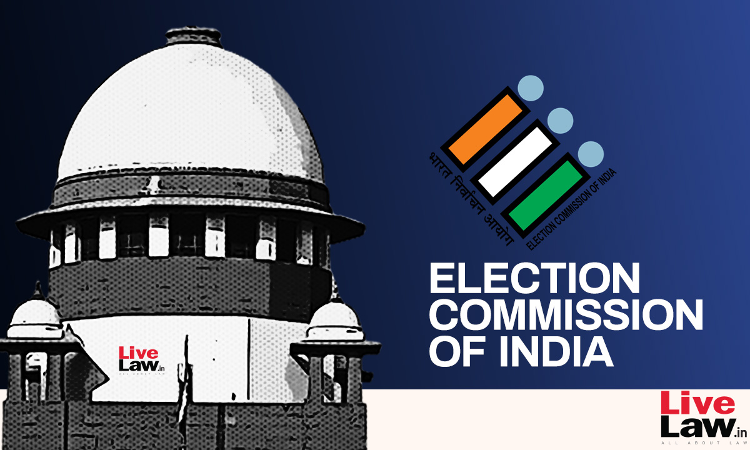Supreme Court bench comprising CJI UU Lalit and Justice Bela M. Trivedi on Tuesday directed that the plea concerning freebies during election campaigns be listed before a three-judge bench. The court stated that considering the nature of the controversy and submissions made by the parties in the earlier hearings, the matter would be listed as early as possible.The development comes in a PIL...

